Search
Search Results
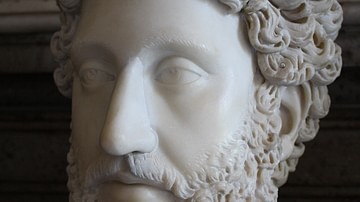
Definition
Roman Emperor
Roman emperors ruled the Roman Empire starting with Augustus in 27 BCE and continuing in the West until the late 5th century CE and in the Eastern Roman Empire up to the mid-15th century CE. The emperors took titles such as Caesar and Imperator...

Definition
Roman Republic
In the late 6th century BCE, the small city-state of Rome overthrew the shackles of monarchy and created a republican government that, in theory if not always in practice, represented the wishes of its citizens. From this basis the city would...

Definition
Spartacus
Throughout history - both ancient and modern - those bound in chains have fought to free themselves from their oppressors. As with most civilizations - Assyrian, Greek and even American - slaves in ancient Rome were not considered citizens...
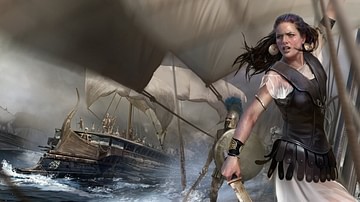
Definition
Pirates in the Ancient Mediterranean
Piracy, defined as the act of attacking and robbing a ship or port by sea, had a long history in the ancient Mediterranean stretching from the time of the Egyptian pharaoh Akhenaten (r. 1353-1336 BCE) and throughout the Middle Ages (c. 476-1500...

Definition
Marcus Licinius Crassus - The Richest Ever Roman
Marcus Licinius Crassus (115-53 BCE) was perhaps the richest man in Roman history and in his eventful life he experienced both great successes and severe disappointments. His vast wealth and sharp political skills brought him two consulships...

Definition
Roman Britain
Britain was a significant addition to the ever-expanding Roman Empire. For decades, Rome had been conquering the Mediterranean Sea – defeating Carthage in the Punic Wars, overwhelming Macedon and Greece, and finally marching into Syria and...
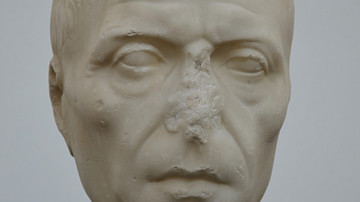
Definition
Cato the Younger
Marcus Porcius Cato (95-46 BCE), better known as Cato the Younger or Cato of Utica, was an influential politician of the Roman Republic. As the great-grandson of Cato the Elder and a dedicated student of Stoicism, he believed in traditional...
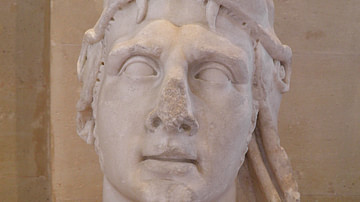
Definition
Mithridates VI
Mithridates VI (120-63 BCE, also known as Mithradates, Mithradates Eupator Dionysius, Mithridates the Great) was the king of Pontus (modern-day northeastern Turkey) who was regarded by his people as their savior from the oppression of Rome...
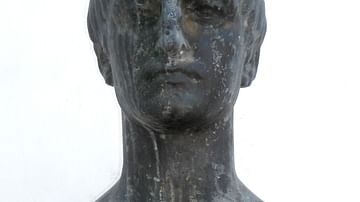
Definition
Marcus Annaeus Lucanus
Marcus Annaeus Lucanus (39-65 CE), grandson of Seneca the Elder and nephew of Seneca the Younger, was a Roman statesman and Latin poet. Born in Corduba, he came to Rome as an infant and later held the positions of quaestor and augur. Lucan's...
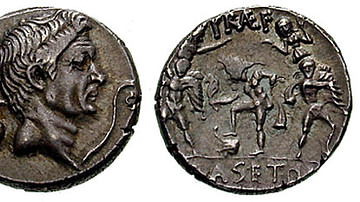
Image
Coin of Pompey the Great
A coin depicting Roman general and statesman Gnaeus Pompeius Magnus, Pompey the Great. The reverse side shows Neptune. (c. 40 BCE).